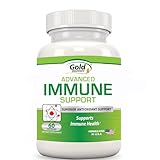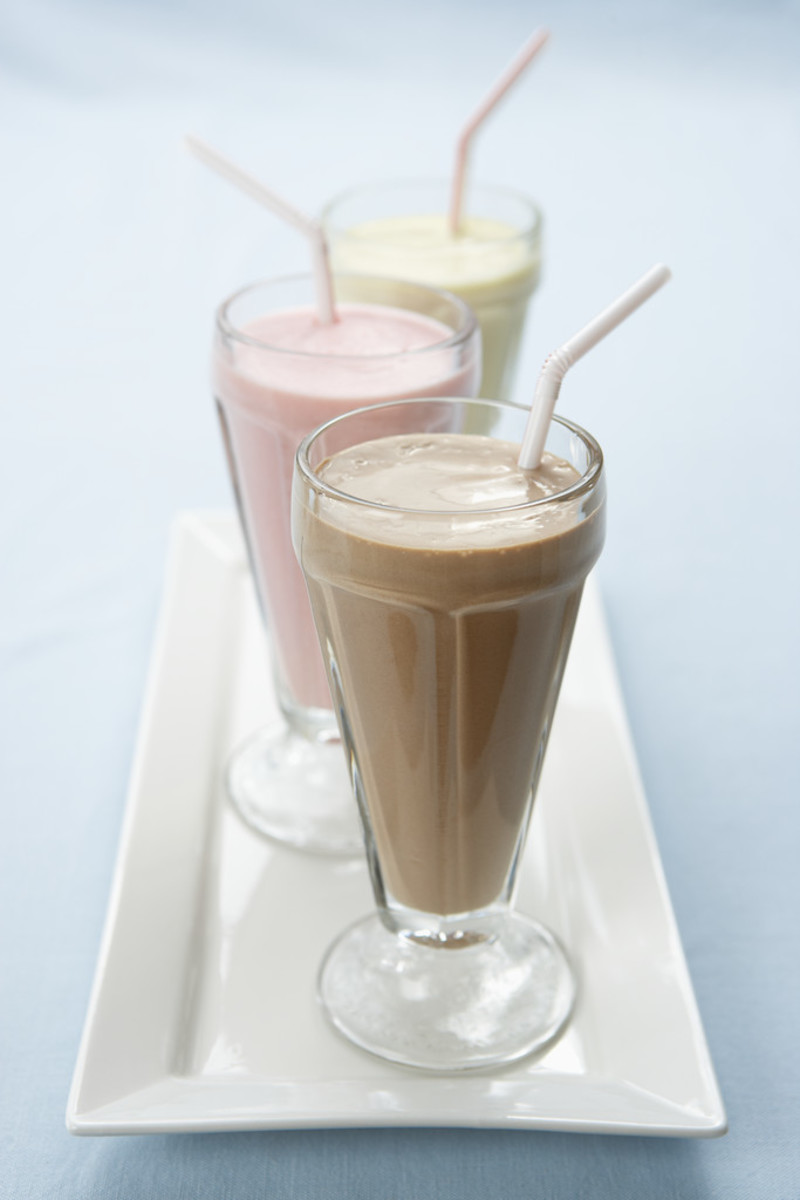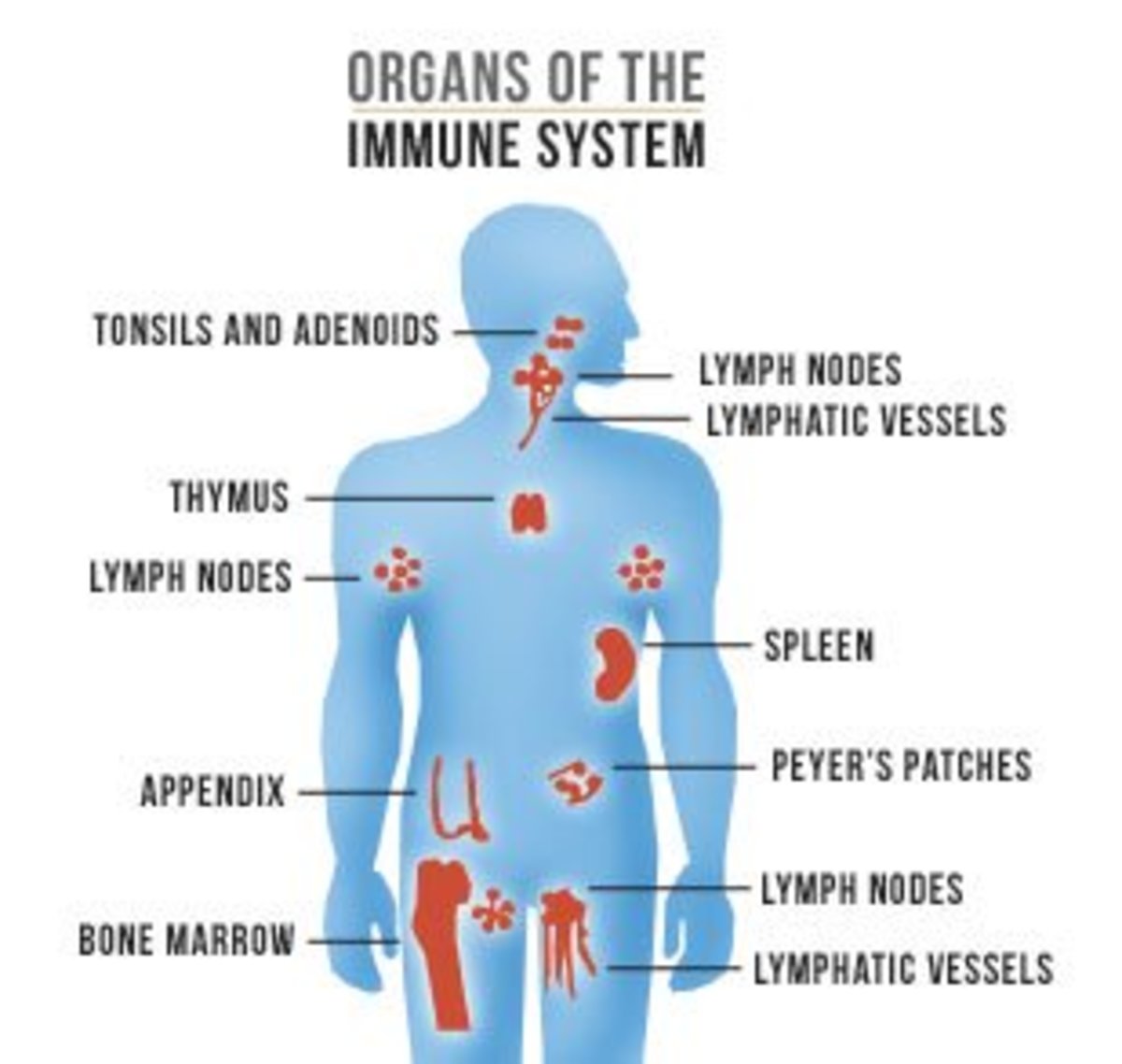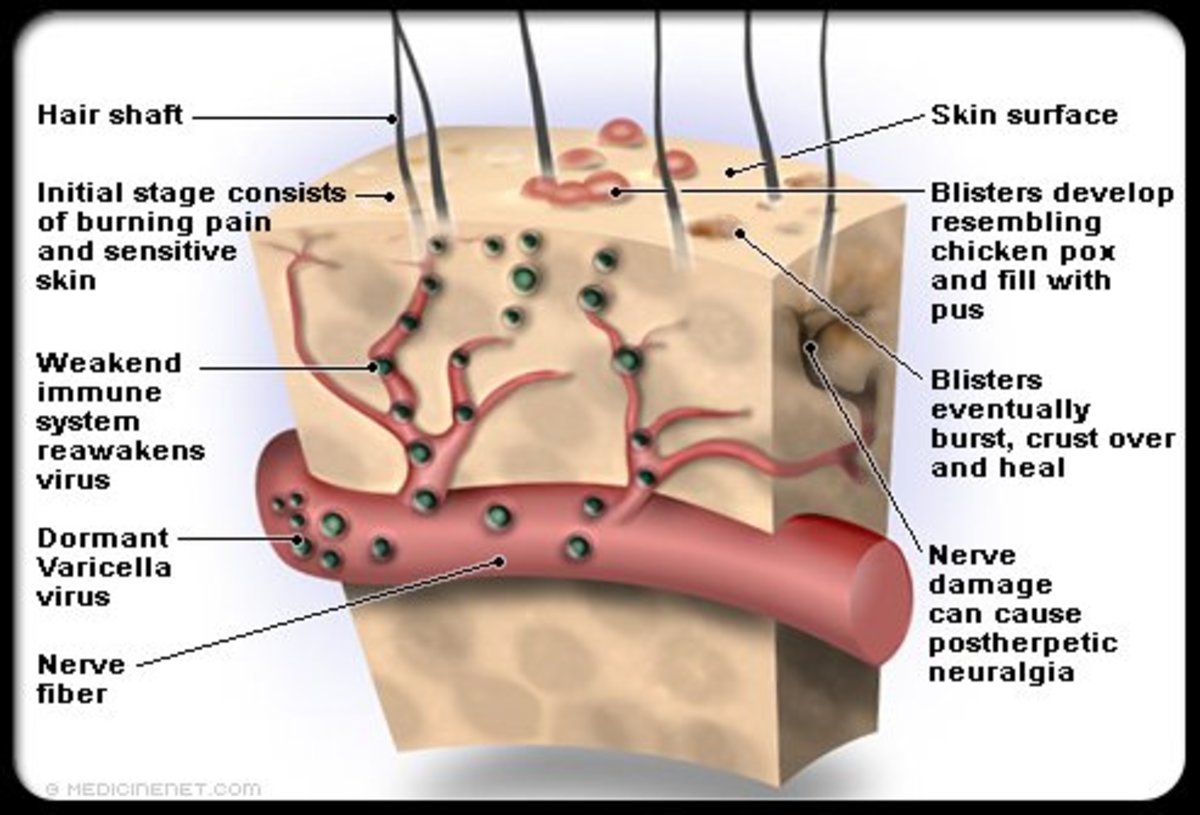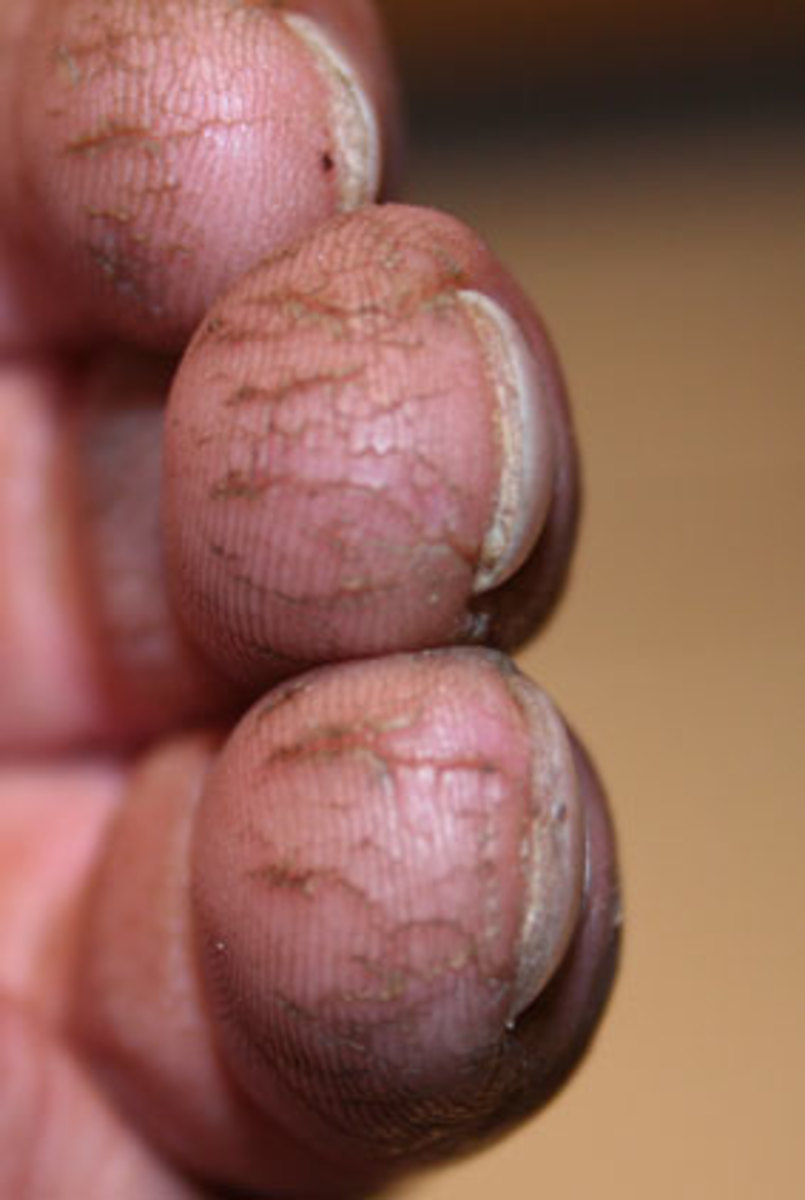Tips to Boost Your Immune System
What is the Immune System?
The human immune system is a complex collection of many different cells and organs that work together to protect you from viruses, bacteria, parasites and toxins. The immune system works on three basic levels.
- A barrier to stop entry of bacteria, viruses, toxins and parasites getting into your body. Our skin, mucus and saliva all work as the primary barrier to prevent entry of any invaders to our body.
- Should any invader get past the primary barriers, our immune system has a second level of defence. Cells within our immune system try to detect and prevent any virus, bacteria, toxin or parasite from taking a hold and reproducing.
- The third level of defence is when cells in our immune system actually kill off any bacteria, viruses and toxins.
In addition to these immune responses there are cells within the immune system that “remember” specific invaders so they know how to deal with them should they become a problem again. This is why you get some diseases only once – chicken pox and measles for example.
To see how effective the human immune system is you only need to look at how quickly a body starts to decompose once we have died. Gross, I know! But once we die our immune system stops functioning totally and all those invaders – the bacteria, fungi, parasites that we are in contact with daily soon go to work unchecked.
There are many organs that make up the human immune system; bone marrow, thymus gland, lymph glands, spleen, tonsils and appendix just to name a few. These are the parts of the human immune system that play the vital roles of producing, maturing and storing the cells that detect, trap and kill the micro-invaders
Preparing to Use a Pesticide

What Affects Our Immune System?
Our modern world has come on in leaps and bounds. So many advances make our lives easier and quicker but not necessarily healthier. Our modern lifestyle really taxes our immune system to the limits.
- The overuse and misuse of antibiotics. Antibiotics kill both the good and bad bacteria. They also become less effective over time as bacteria mutate and become resistant.
- Our environment. Pollution and use of chemical pesticides, insecticides and herbicides all play a part in lowering the immune system. Since many of these chemicals do not breakdown (or sometimes breakdown into more harmful chemicals) our immune system has no way of “killing” them or flushing them out effectively. In addition, our fascination with killing “all known germs dead” means that our immune system does not build up a natural tolerance
- Our emotions. Stress is known to lower the white blood cell count. White blood cells contain many of the active cells of our immune system. This is why when we are stressed we often catch every minor illness currently doing the rounds and find it difficult to shake off colds and viruses.
- Lifestyle and nutrition. Lack of exercise, eating too much processed, refined and junk foods, not drinking enough water – in all classic westernised living. Quick and easy but does not give our immune system the nutrition needed to keep functioning in tip top form.
7 Tips to Boost the Immune System Naturally by Making Healthier Choices
1. Swap junk food, microwave and ready meals for fresh prepared food. Eat at least five portions of fruit and vegetables each day. Ready meals and junk food contain less nutritional value than fresh prepared. Fruit, vegetables, legumes, whole grains all contain vitamins and minerals that help boost the immune system.
2. Drink more water. Too much tea, coffee and soda means many of us are actually dehydrated. Drinking water helps flush out any toxins in our body reducing the stress on the immune system. Try and drink 6-8 glasses of unchlorinated water each day.
3. Exercise more. That doesn’t mean working out at the gym daily – although you can if that is what floats your boat! 30 minutes of exercise – enough to get you a bit sweaty and slightly breathless, four or five times per week improves your circulation which in turn keeps those immune system cells flowing around your body.
4. Stress less. When you feel the pressure piling on then take some time out. Learn some relaxation exercises, perhaps meditate or go for a massage.
5. Avoid smoky atmospheres. If you smoke, try and quit. Second hand smoke is harmful too and damages your immune system.
6. Try to sleep well. Sleep is your body’s time to repair your defences. Find a sleep pattern that works for you and aim for 6-8 hours sleep per day.
7. Avoid drugs. Recreational drugs lower your immune system. Additionally your immune system becomes resistant to many medications. Take medicinal drugs when needed only.
Foods to Boost Your Immune System
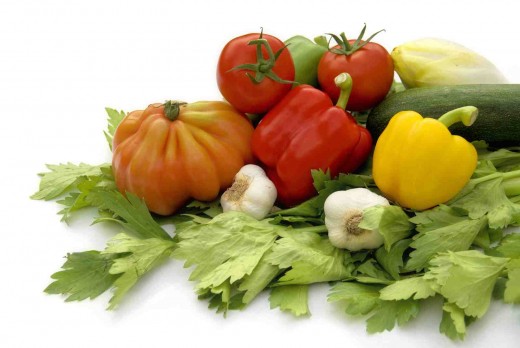
Some Super Foods that Help Boost the Immune System
Some foods, herbs and spices naturally contain more antioxidants, vitamins and other nutrients that help to naturally boost the immune system.
When choosing fresh food it is best to look at how it has been grown, harvested and packaged. Organic is always best if you can afford it and it is available in your area. Organic is not just an excuse to ramp up the price! Organic foods (and the ground they’re grown in) have not been treated with chemicals or biologically engineered.
Eating a well balanced diet, choosing foods from various groups should mean that you do not have to supplement your diet with additional vitamins and minerals on a daily basis.
Garlic and Onions
Who hasn’t heard of the health effects of garlic? The benefit of garlic on the immune system is well documented. Did you know the humble onion is also good for stimulating production of T cells – cells in the immune system?
It’s worth noting that both lose their efficiency when cooked. It helps if you chop garlic and leave it for 10 minutes or so before cooking. Or add them towards the end of the cooking process.
Beans
Full of fibre and protein, beans are possibly the ultimate in healthy food. All beans are good for you! Many varieties are also loaded with antioxidant vitamins. Beans also contain protease inhibitors, which are said to make it more difficult for cancer cells to grow in the body.
Bilberries and Blueberries
These small sweet fruits belong to the same family and are an amazing source of antioxidants. The dark blue berries are also thought to improve vision and increase circulation.
Yellow/Orange Vegetables
Carrots, pumpkins and yams all contain alpha carotene which you can not get in supplements. Alpha carotene is thought to inhibit tumour growth. They’re also high in antioxidants and fibre.
Tomatoes
Tomatoes contain as much vitamin C as citrus fruit along with vitamin A, iron and potassium. Tomatoes also contain lycopene which is a very strong antioxidant, twice as effective as other antioxidants. Lycopene is better absorbed when eaten with oil, so cooking in some extra virgin olive oil or flax oil is ideal.
Spinach
Most people know that leafy green vegetables are good for you. But there was a reason Popeye ate so much spinach! Loaded with nutrients, vitamins C, vitamin E, Vitamin K, iron, calcium and beta carotene, it also is a great source of fibre.
Broccoli
Like other green vegetables, broccoli is great for promoting a healthy immune system. Broccoli and broccoli sprouts also contain sulphoraphane which is said to help the immunes system T-cells recognize cancer cells
This is not a complete list of super foods that may improve your health and boost your immune system.
Making changes to what we eat can go a long way to improving health. Minimising the amount of junk and convenience food we eat and replacing it with healthier alternatives is a good start. If we can incorporate some super foods too - all the better! Like with any other changes to your diet, please consult your Medical Practitioner first.

